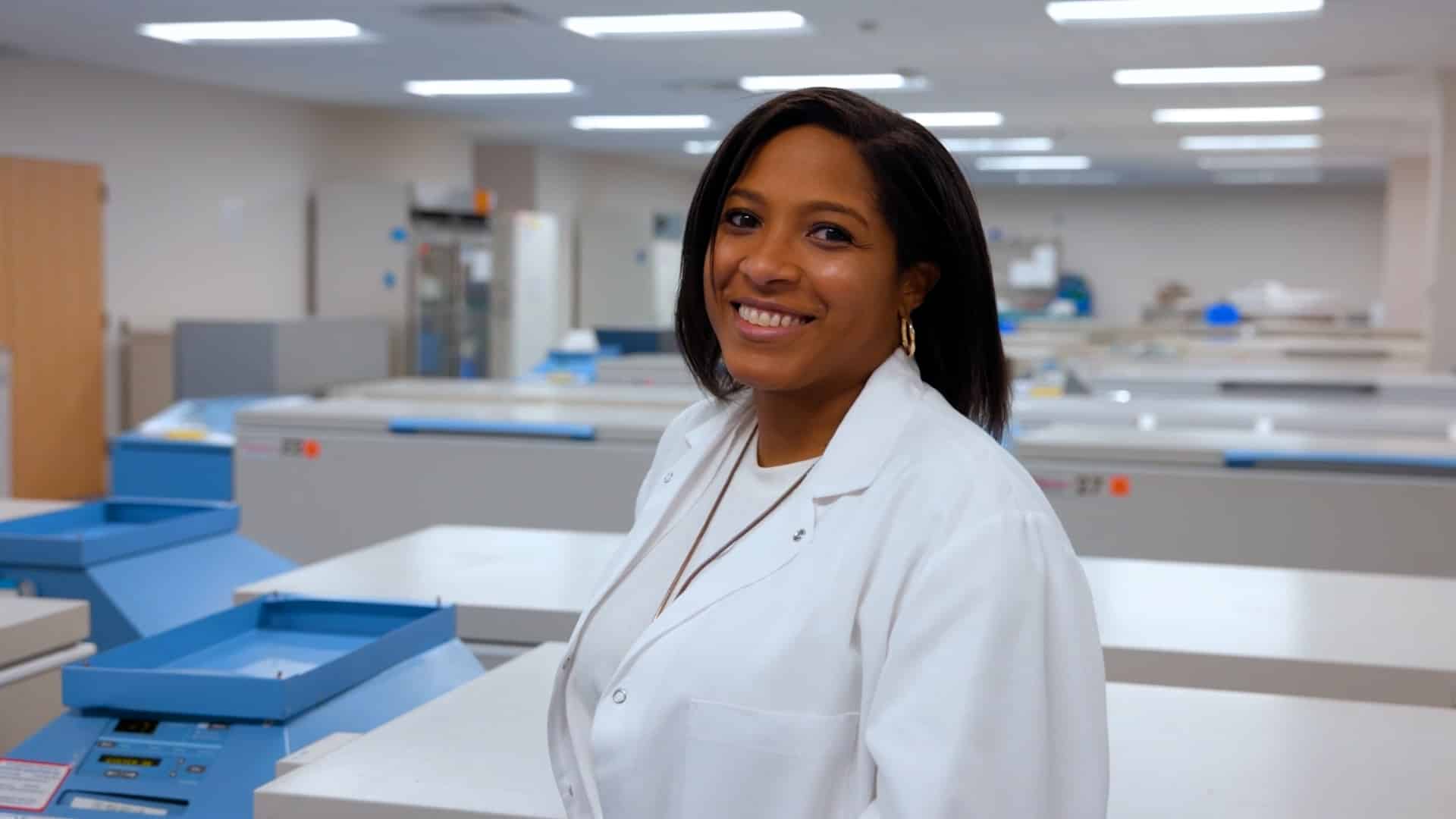In a recent interview in Clinical Trials Arena, our Chief Strategy Officer Hans Bunschoten, explains how the company’s purchase of Netherlands-based Viroclinics-DDL will help expedite personalized medicine in underserved geographies and demographics.
If clinical trial participants are representative of the wider disease population, they can help sponsors assess the effectiveness of new and existing therapeutics. On the other hand, a lack of diversity in clinical trial populations, particularly when the disease population is significantly underrepresented, greatly diminishes the quality of data obtained for drug safety and efficacy profiles.

This may sound obvious, but it is still a major hurdle in drug development. A 2022 report published by GlobalData found that in analysis of 12,698 clinical trials initiated over nine and a half years to June 2022 racial minority representation in pivotal studies is extremely low, accounting for 23.9% of the clinical trial population globally. Meanwhile, in clinical trials with available race data, white participants account for 59% of trial subjects, more than the combined total for all other racial categories.
The discrepancy is magnified in pivotal studies with a 76.1% participation of white subjects. This level of homogeneity within the clinical trial population may prevent the identification of variable therapy responses within population subgroups. This may lead to therapies and dosing regimes being less suitable for minority populations – and according to Hans Bunschoten, chief strategy officer at Cerba Research, this is a major problem. He says these issues must be urgently addressed over the next few years as advancing medical knowledge and the role of genomics in treating disease ushers in a new era of precision medicine and new potential to address diseases that affect certain populations.
Dr Bunschoten’s comments come in an interview to mark a year since Cerba Research acquired virology and immunology contract research organization (CRO) Viroclinics-DDL from private equity firm Summit Partners. Here, he discusses the acquisition and ambitions for the expanded business to become a ‘one-stop-shop’ for specialist clinical services across immuno-oncology and infectious diseases around the world, paving the way for new and innovative therapies.
ou were the chief operating officer (COO) at Viroclinics-DDL before the acquisition, joining Viroclinics-DDL in 2008. Can you tell us a little bit about Viroclinics-DDL?
Hans Bunschoten:
Viroclinics was founded in 2001, spun out of a university setting. Its focus area initially was respiratory viruses but then over time that evolved to include a broader range of viral targets, including highly pathogenic viruses, such as Dengue and Polio. Viroclinics Biosciences – what it was called before the DDL purchase – was also well known for its specialist logistics infrastructure.
DDL was founded in 1994, also originally started by a group of scientists operating in a university, also specialising in infectious diseases, but with more of a focus on HPV and Hepatitis. DDL had sophisticated expertise in molecular diagnostic testing, which allows for tests to be done outside the living organism in culture to determine whether a person has become resistant to a specific drug and needs to change direction in their treatment and for any mutations to be identified.
In addition, Viroclinics had the unique capacity to propagate viruses in vitro and with its logistics infrastructure was able to transport these fragile biological specimens safely to the laboratories for efficacy and resistance analysis. The capabilities of Viroclinics and DDL allowed us to rapidly test repurposed drugs, new vaccines and antiviral solutions for the prevention and treatment of patients affected by COVID-19 in 2020. Being an agile and innovative organisation, Viroclinics-DDL teamed up with scientists all over the globe to find practical solutions to initiate and perform clinical studies at a rapid pace.
That’s when Viroclinics-DDL started getting a lot of attention from potential buyers and became a prized acquisition target.
Why did you accept the offer from Cerba Research?
HB: I welcomed the opportunity to partner with a likeminded company. Having a private equity owner can be great for access to working capital but with an industry partner, you are working towards a common mission and have shared values.
Cerba Research and Viroclinics-DDL have a lot of synergies. The most obvious is that both firms are highly scientific and so that presents a lot of opportunity to exchange knowledge and research. In addition, safety oncology and immunotherapy, which is a focus area for Cerba Research has close ties to virology. The technology platforms are almost the same. Gene therapy, while in its infancy, could be a gamechanger for cancer treatment and certain rare diseases and advancements in gene-editing technology relies on knowledge of viral factors. The opportunity here for our expanded CRO to advance personalised medical solutions is huge.
A lot of unique assays have already been added to a common portfolio and colleagues from both businesses are working well together. We are poised to accelerate groundbreaking RNA therapy and vaccines for biopharma customers while becoming the reference lab for the cell and gene therapies of tomorrow.
What future developments are you most excited about being part of Cerba Research?
HB: Through its parent company, Cerba Healthcare, Cerba Research has a large and established presence in Africa, which has about a fifth of the world’s population with an enormous amount of genetic diversity, but the continent is almost completely untapped when it comes to conducting clinical trials. Yet, multiple diseases are endemic to Africa as a result of poverty and climate.
As ethnic groups respond differently to treatment, it is vital to boost the number of clinical trials on this continent for better science and more effective patient-centric medicine. COVID-19 really underscored the problems here, revealing how millions of people – Africa has more than 1 billion people – could be locked out of vital treatments as a result of being left out of studies. When it comes to global pandemics, this oversight doesn’t just have local consequences but global consequences too.
In five to 10 years’ time, Africa will be a significant market for clinical trials and international research and Cerba Research has a golden opportunity to capitalise on its two-decade history of operating clinical pathology and cytology services in 15 African countries. The creation of a joint venture with longstanding partner Lancet Laboratories, Cerba Lancet Africa, in 2019 to operate clinical capabilities in 11 African countries outside South Africa creates a market-leading offer for biopharma companies wanting to invest in the continent with confidence and we are excited to be able to lead this change.
The partnerships Cerba Research has in China also presents exciting opportunities for developing precision medicine solutions. In China, biological samples cannot leave the country to be tested in specialty labs elsewhere, as is the usual way in other countries. But by working together with local partners and helping them to set up systems and processes that mirror those we have in our laboratories in Ghent and Rotterdam means we can offer our clients a patient database in China.
Ultimately, our mission is to be a “one-stop-shop” CRO for specialist clinical services for global pharmaceutical and biotech companies at this transformative time for medicine. The merger of Viroclinics and DDL and now Viroclinics-DDL and Cerba Research brings together unparalleled geographic coverage, specialist logistics infrastructure, pioneering techniques in precision medicine and unrivalled scientific knowledge in virology and immune-oncology and the huge potential that gives us, is very exciting to me.

Reach out to our experts and discover how we can help you transform your research and advance health.
Contact Us
